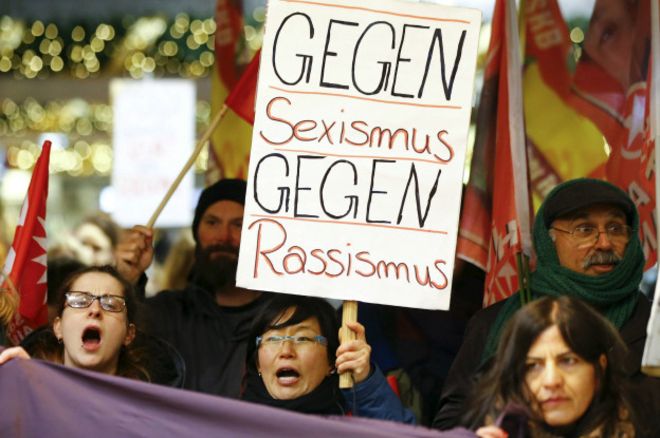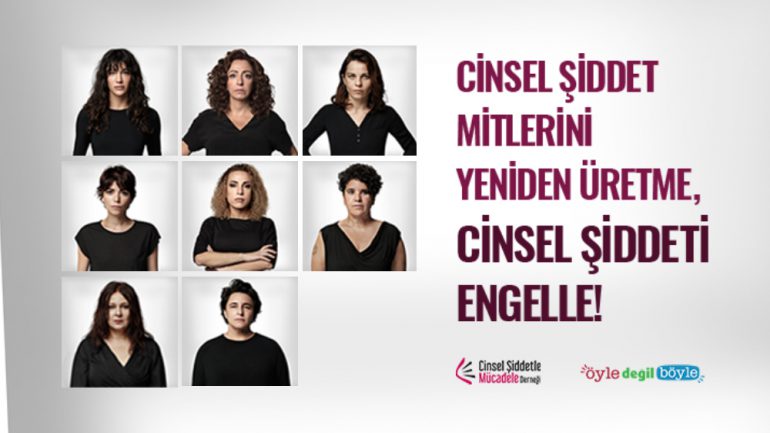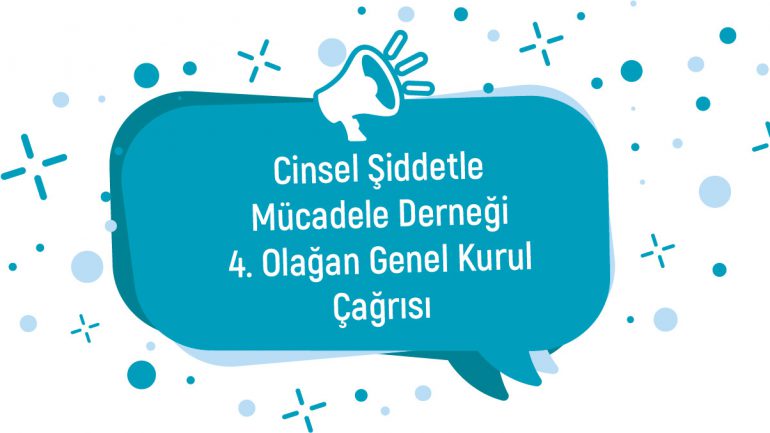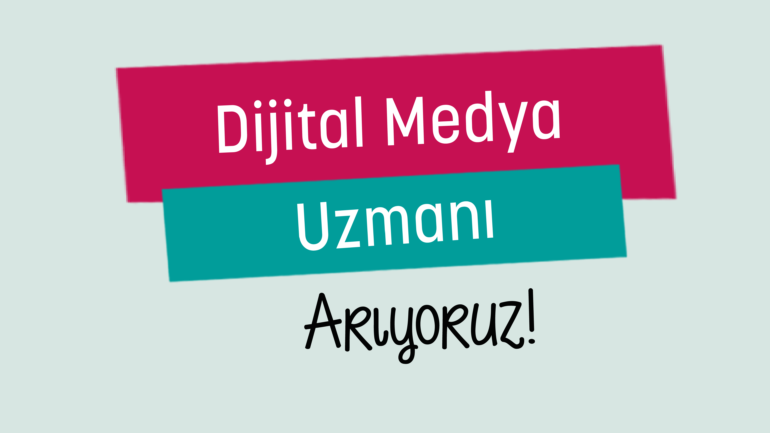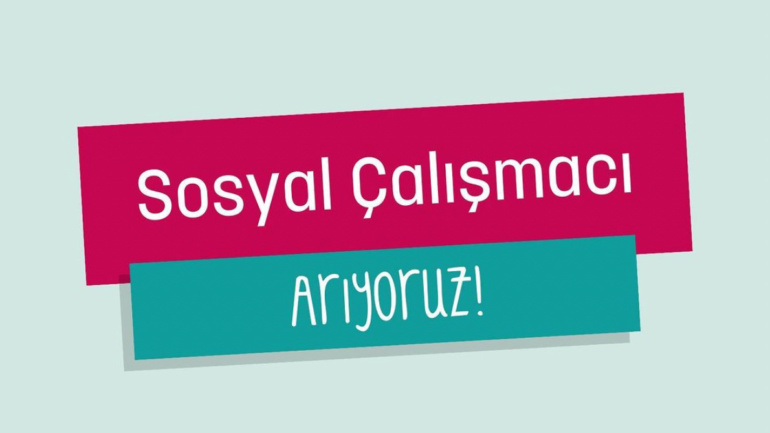Against sexualised violence and racism. Always. Anywhere. #ausnahmslos (“noexcuses”)
On the night of New Year’s Eve, numerous women were sexually attacked in public spaces in Cologne and other German cities.. These crimes demand thorough and comprehensive investigations. The prevailing impunity regarding crimes of sexualised violence must end.
We demand that the survivors receive the best possible care and support. We are in solidarity with those who have experienced sexualised violence and harassment.
Who we are (More info on this activist group)
As feminists specialised on a variety of issues, we have been campaigning for gender equality, a fair and open society, and against sexism and sexualised violence for many years. We have learned how important it is to stand firmly against racism and other forms of discrimination.
Our demands
The sustained fight against sexualised violence of any kind is of highest priority. It is harmful for all of us if feminism is exploited by extremists to incite against certain ethnicities, as is currently being done in the discussion surrounding the incidents in Cologne.
It is wrong to highlight sexualised violence only when the perpetrators are allegedly the perceived ‘others’: Muslim, Arab, black or North-African men, i.e., those who are regarded as ‘non-Germans’ by extremists. Furthermore, sexualised violence must not only be taken seriously if white cis women are the alleged victims.
Combatting sexualised violence must be the political priority every single day, because it is omnipresent. A 2014 a study by the European Union Agency for Fundamental Rights found that more than 1 in 2 women experience sexual harassment. One in 3 women over the age of fifteen have experienced physical and/or sexualised violence. Statistics by the German Federal Police count more than 7,300 reported rapes and sexual assaults in Germany every year, amounting to more than 20 every day. Not to mention the many more that are never reported.
We want a society in which everyone, independent of ethnicity, sexual orientation, gender, religion or self expression, shall feel safe and protected from verbal and physical attacks: be it on the streets, at home, at work or on the internet. These are the foundations of a free society.
We advocate for:
Political solutions:
1. Counselling services and rape crisis centres must receive stronger support and their services must be expanded.
2. Laws must be adapted and changed: Sexual harassment is not a criminal offence in Germany yet and what constitutes rape is contingent on the victim’s behaviour.
3. Increased educational work and awareness campaigns can help prevent sexualised violence and assist survivors in receiving support. We want to sensitise society to the fact that sexism and sexualised violence is most likely to occur in close social environment and across all sectors of society.
4. A gender-sensitive education can further prevent (sexualised) violence.
5. Police and law-enforcement must receive gender and sexualised violence sensitivity trainings to ensure prosecution and appropriate behaviour toward survivors.
Societal solutions:
6. The discussion on sexualised violence must be led in an open and differentiated way, including the focus on sociocultural and ideological reasons for violence, and the stigmatisation of survivors.
7. Survivors of sexualised violence must be taken seriously. Victim blaming must stop.
8. Sexism and racism are not problems of ‘the others’: All of us are shaped by structural discrimination and we have to learn to reflect upon our prejudices.
9. Witnesses of sexualised violence must not turn a blind eye to these incidents but intervene – from direct support in the case of sexualised violence to opposing sexist statements such as rape jokes.
Media related demands:
10. Reports about sexualised violence must not ridicule the survivors and trivialise the crimes for example by describing rape as a ‘sex-crime’. Sexualised violence has nothing to do with sex.
11. Sexism and other forms of discrimination must be understood as real problems and the basis for sexualised violence . It must be acknowledged that media sexism is directly linked to sexualised violence.
12. Sexism and sexualised violence must not be portrayed as a problem solely existent amongst certain ethnicities.
13. Images used in media must not further racist or sexist stereotypes.
14. More diverse editorial staff are needed to ensure that problems of discrimination are addressed in news reporting.
Authors
Kübra Gümüşay
Anne Wizorek
Emine Aslan
Stefanie Lohaus
Teresa Bücker
Keshia Fredua-Mensah
Gizem Adıyaman
Dudu Küçükgöl
Helga Hansen
Kristina Lunz
Nicole von Horst
Antje Schrupp
Sookee
Gesine Agena
Jasna Strick
Yasmina Banaszczuk
Lavinia Steiner
Katrin Gottschalk
Ninia LaGrande
Hengameh Yaghoobifarah
Makda Isak
Melahat Kisi


